
PBC Conference 2025

Associate Prof. Nguyen Phuong Thao
International University, VNU-HCMC
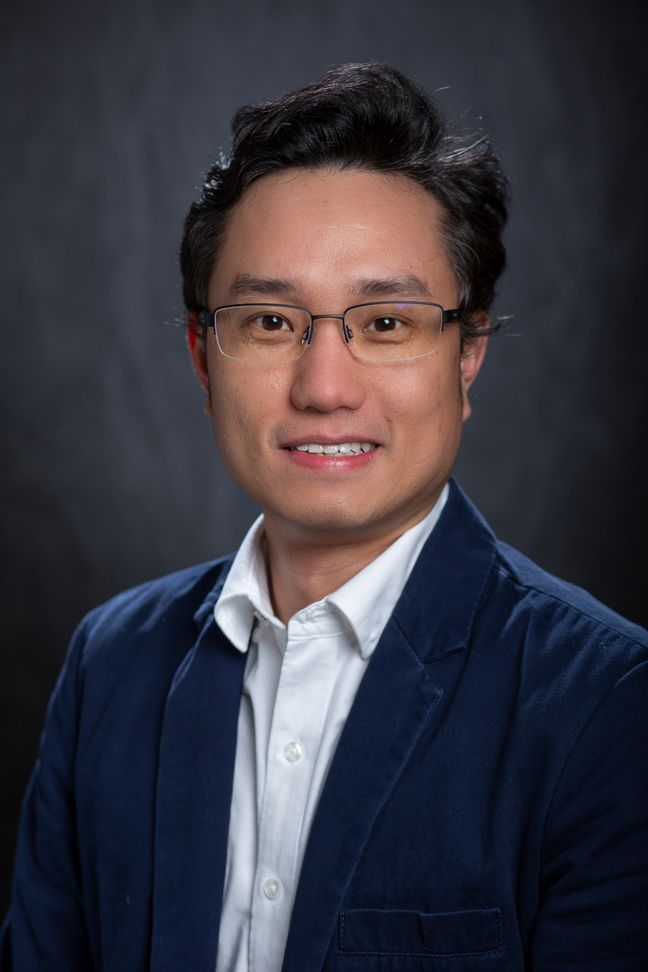
Assistant Prof. Luan Vu
University of Texas at San Antonio (UTSA)
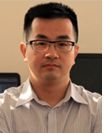
Associate Prof. Huynh Kim Lam
Dean of School of Chemistry and Environmental Engineering at IU, VNU-HCM
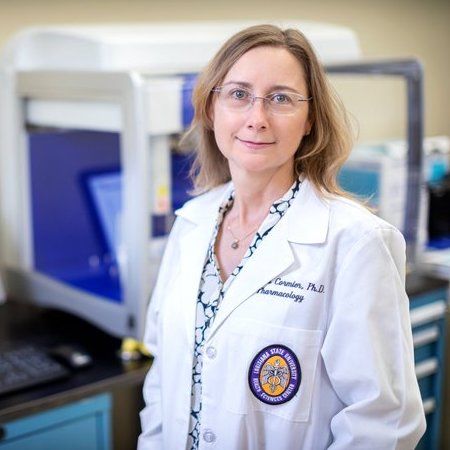
Professor Stephania Cormier (PBC Chair)
Louisiana State University
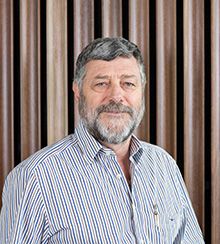
Professor Peter Sly (PBC Emeritus)
The University of Queensland
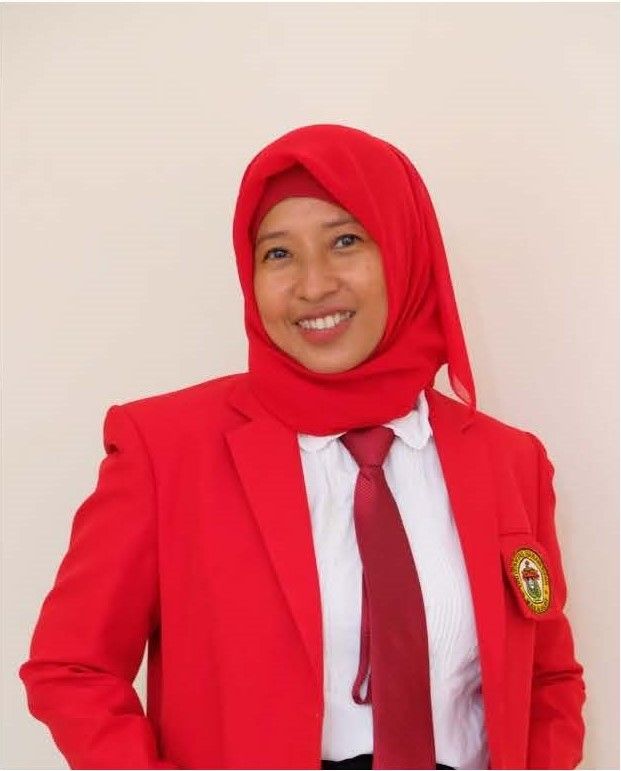
Dr Hasnawati Amqam
Hasanuddin University
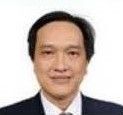
Dr Pham Le An
University of Medicine and Pharmacy
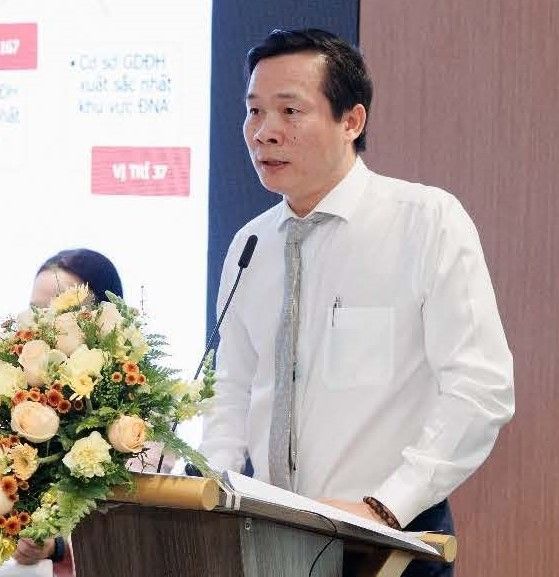
Associate Professor Ho Quoc Bang
Vietnam National University
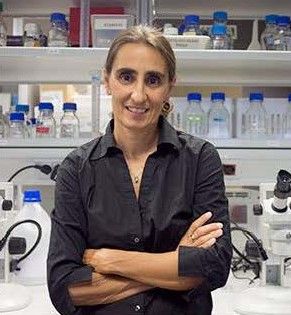
Dr Federica Bertocchini
Plasticentropy France
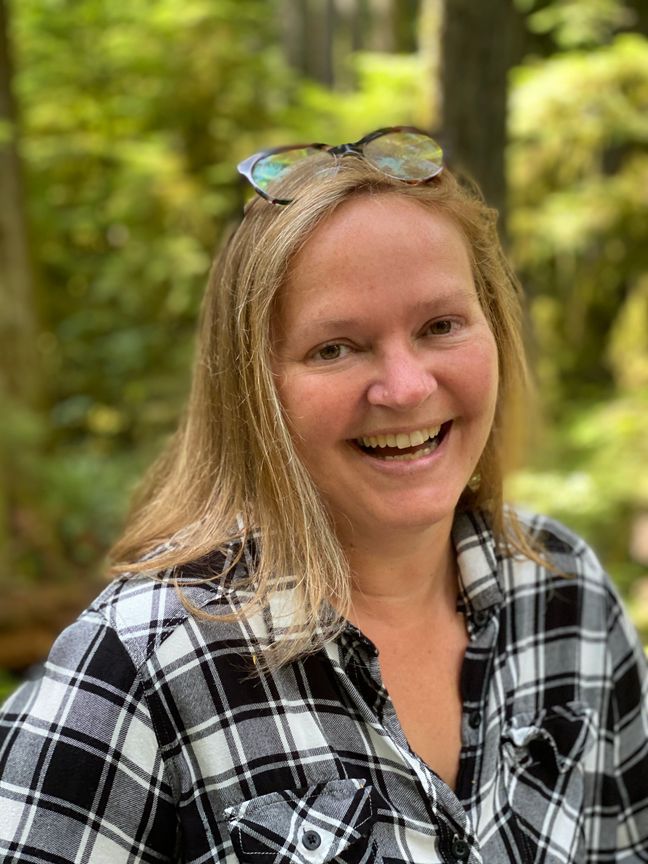
Dr Heather Castleden
University of Victoria
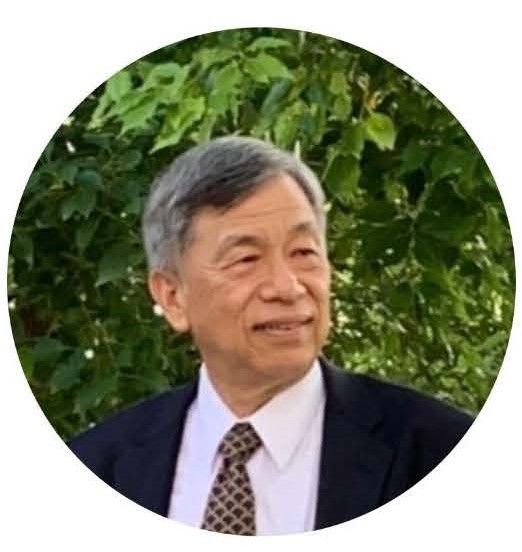
Professor Moo-Been Chang
National Central University
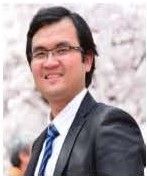
Dr Nguyen Thanh Dien
Tan Tao University

Dr Le Thai Ha
Vietnam Health Environmental Agency (VIHEMA)
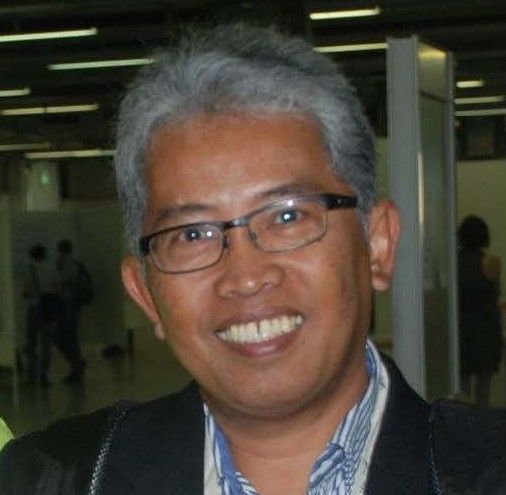
Professor Budi Haryanto
Universitas Indonesia
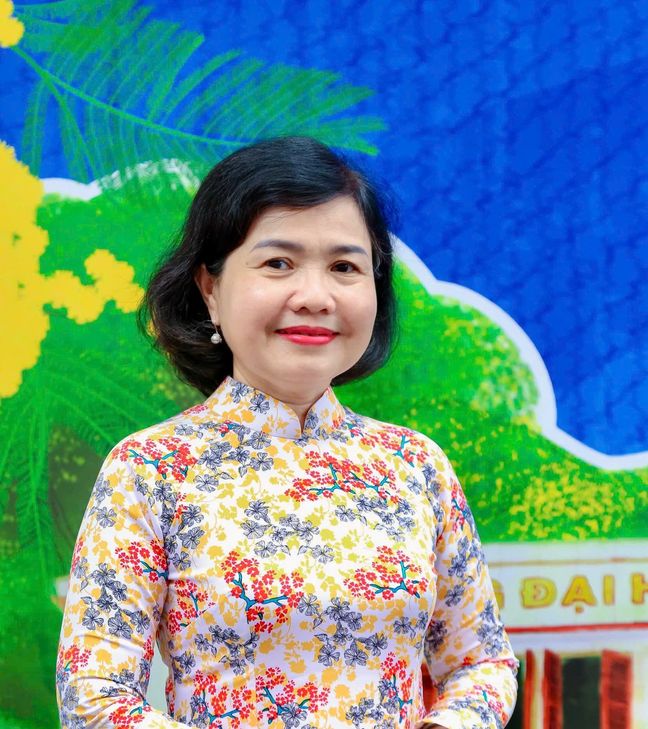
Tô Thị Hiền
Vietnam National University
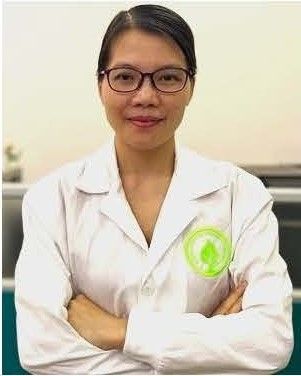
Associate Professor Nguyen Thi Thu Hoai
International University
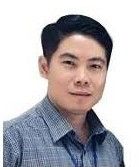
Dr Khang Vinh Huynh
Nong Lam University
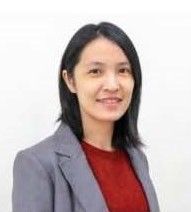
Dr Chia-Yu Huang
National Central University
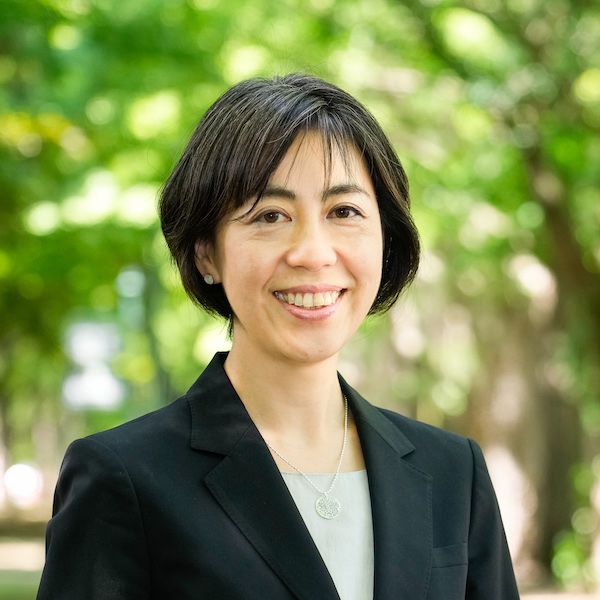
Professor Atsuko Ikeda
Hokkaido University
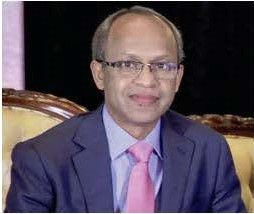
Dr Mohammad Zahirul Islam
North South University
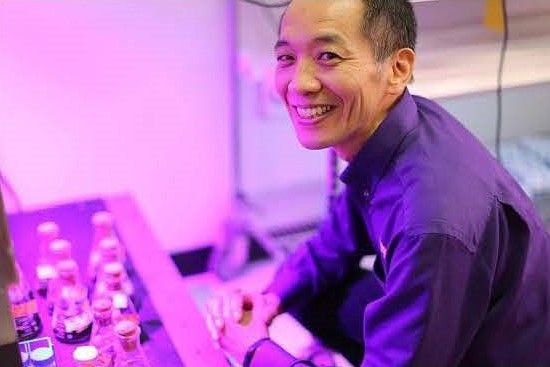
A/Professor Naohiro Kato
Louisiana State University

Dr Hong Le
The University of Queensland
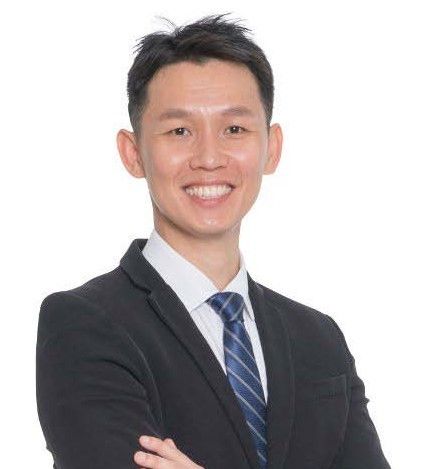
A/Professor Jason Lee
National University of Singapore
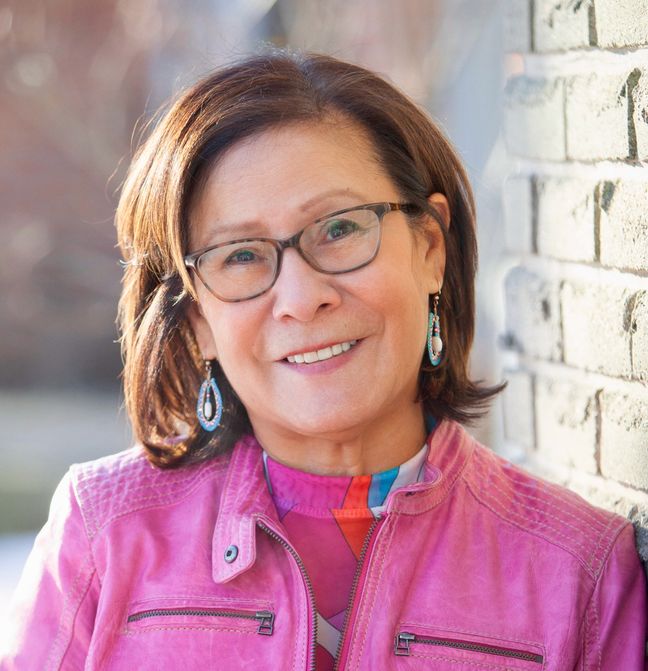
Dr Diana Lewis
University of Guelph
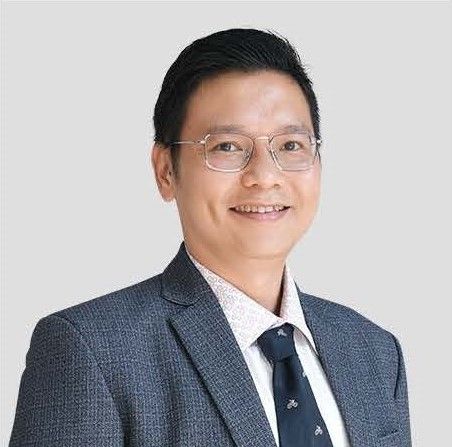
Dr. Loi Luu
Thong Nhat Hospital
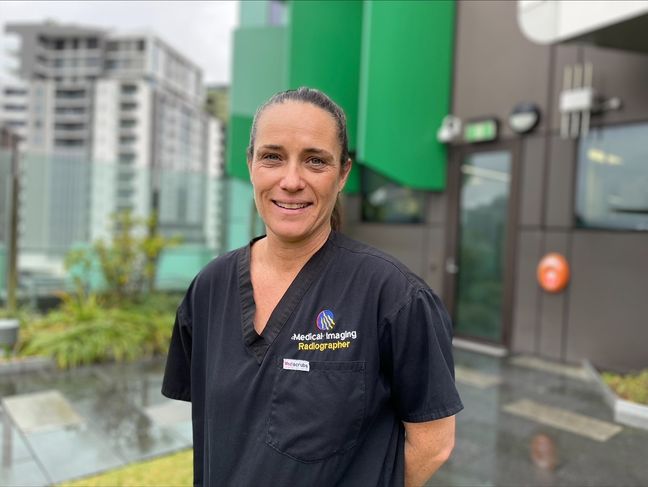
Ms Renae McBrien
Children’s Health Queensland
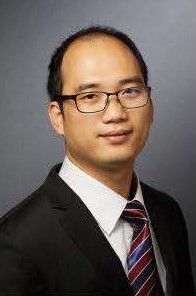
Dr Nguyen Minh Nam
Vietnam National University
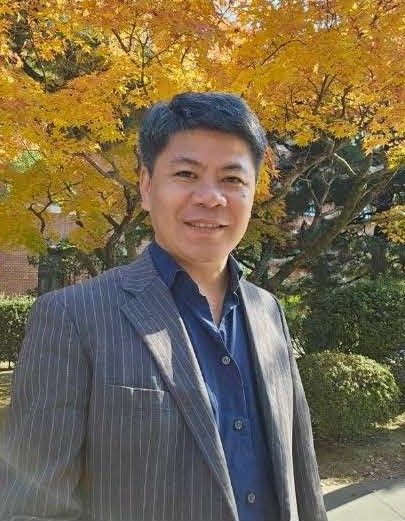
Dr Huy Nguyen
Vin University
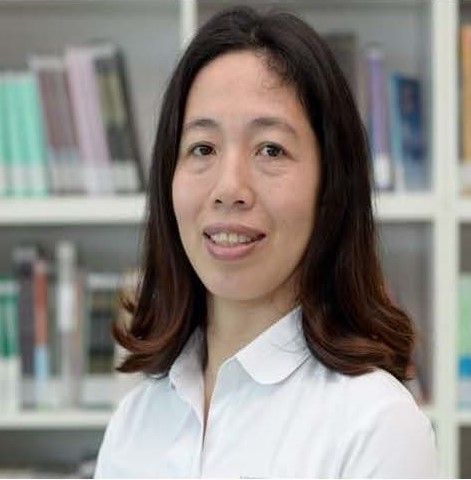
Dr Nguyen Thi Trang Nhung
Hanoi University
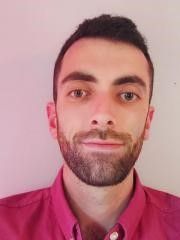
Mr Thomas Boissiere-O’Neill
The University of Queensland
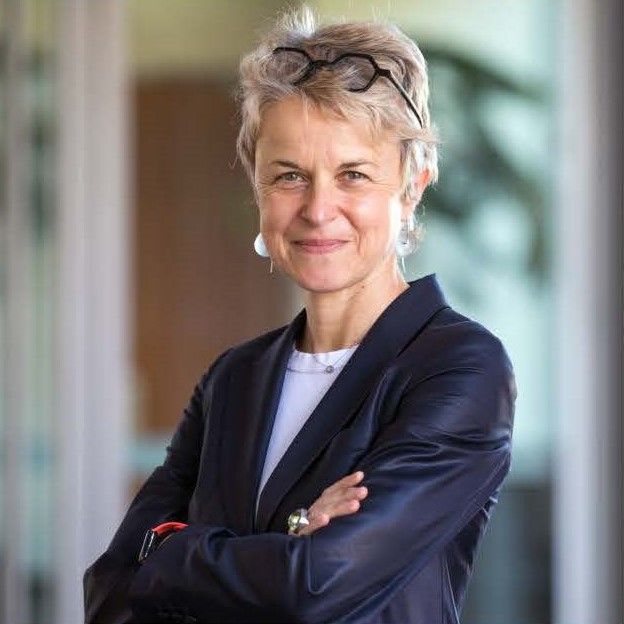
Dr Melanie Ott
Gladstone Institute of Virology
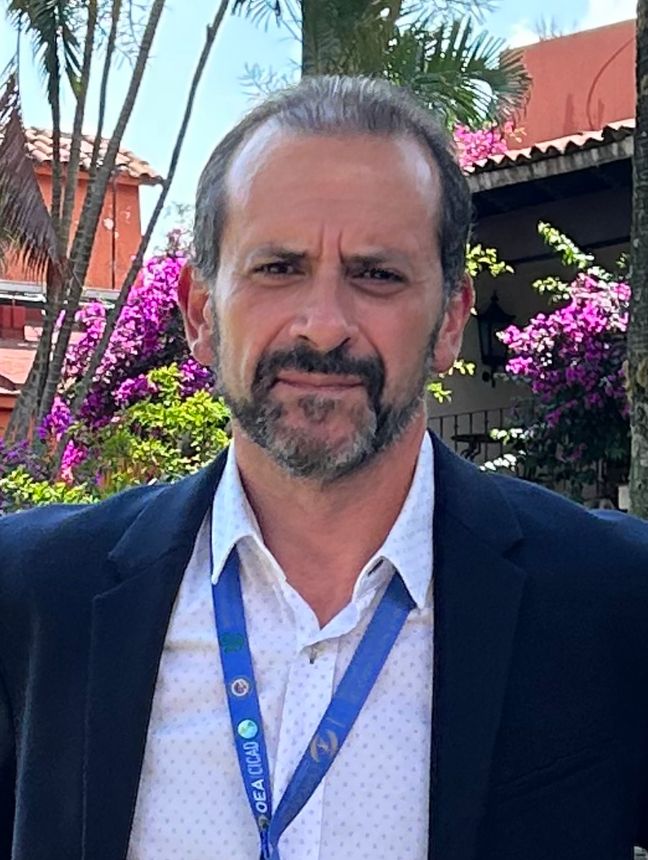
Dr Antonio Pascale
University of Montevideo
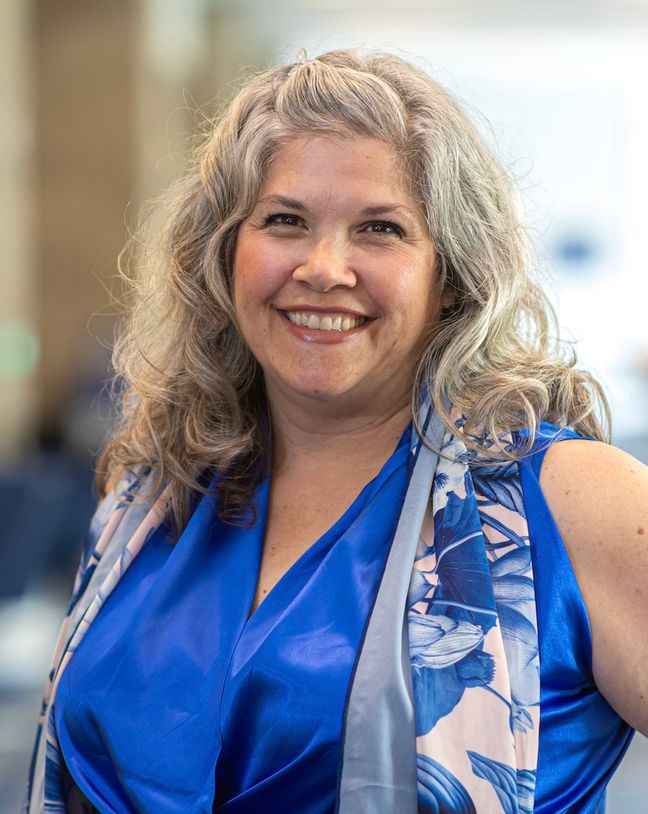
Dr Kelly Pennell
University of Kentucky Superfund Research Center (UKSRC)
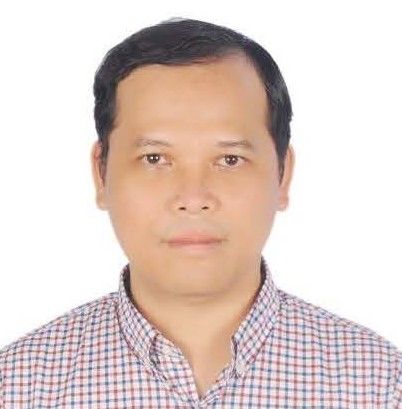
Associate Professor Nguyen Bao Quoc
Nong Lam University
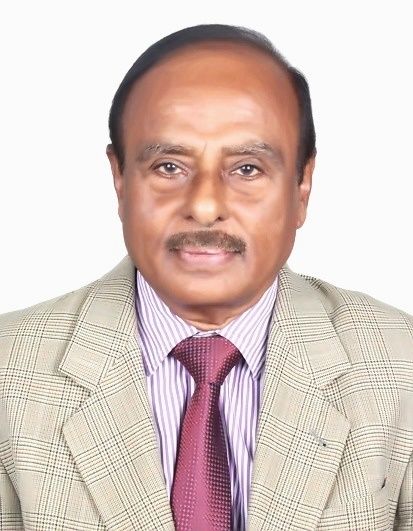
Dr S Rajamani
Asian International Union of Environment (AIUE) Commission
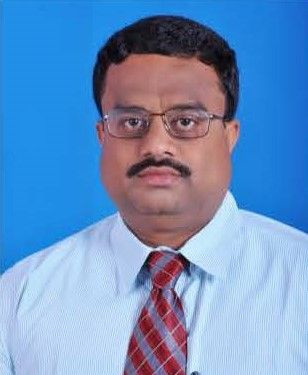
Professor Rengaraj Selvaraj
Sultan Qaboos University
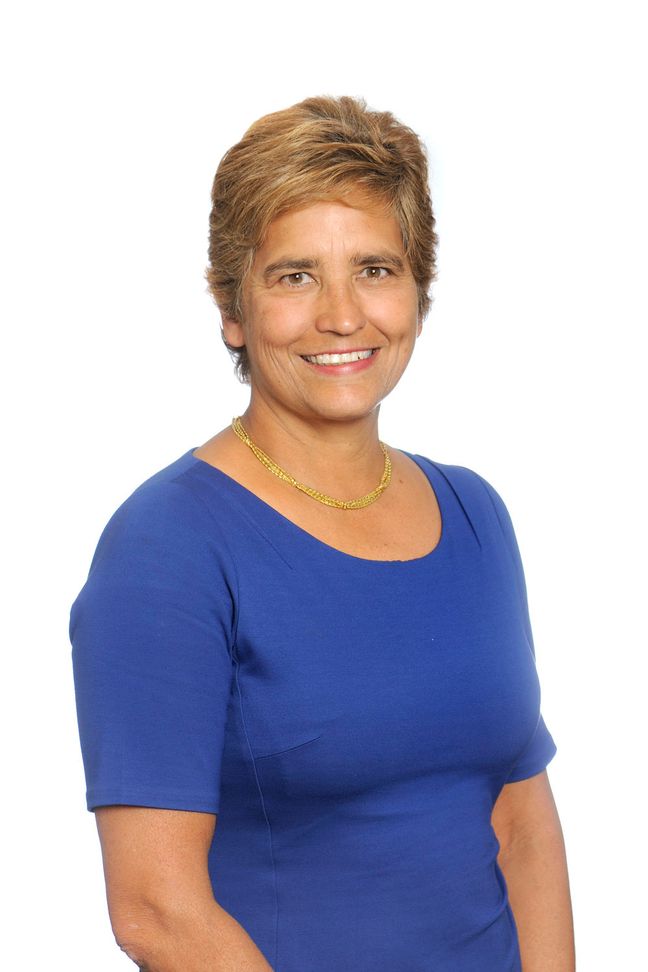
Professor Desiree Silva
University of Western Australia
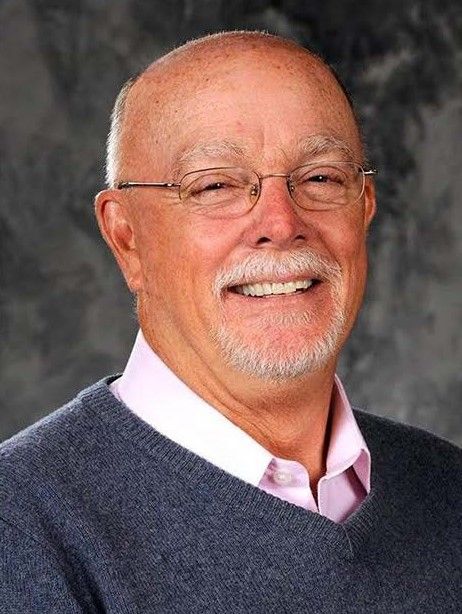
Dr William Suk
University of North Carolina
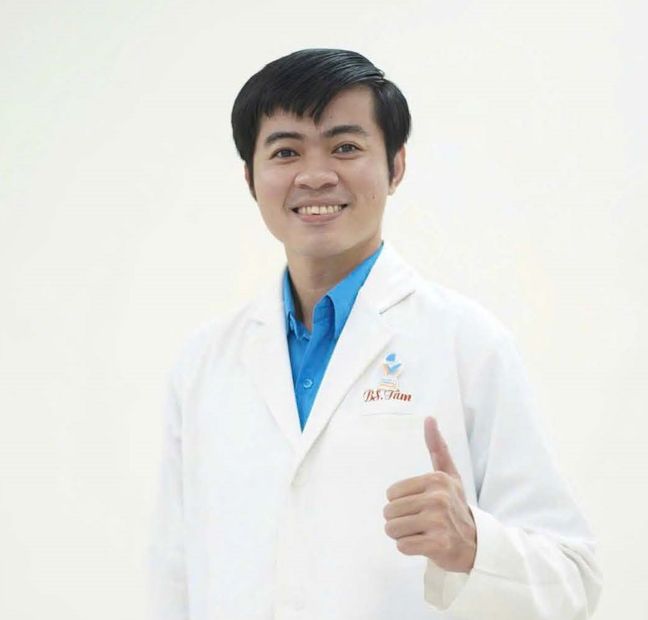
Dr To Thanh Tam
Infection Control Department of District 4 Hospital Vietnam
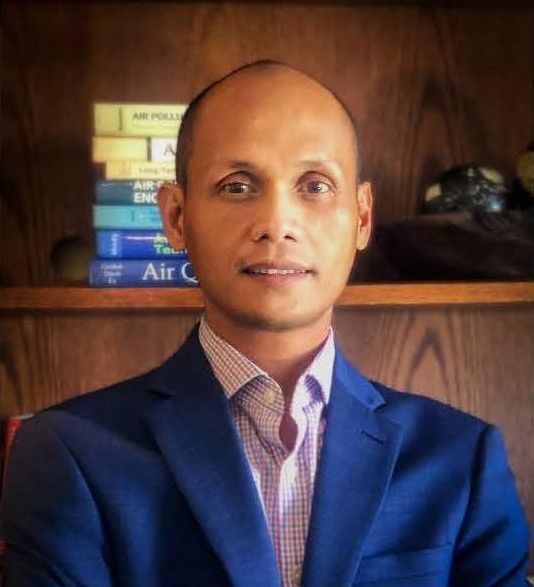
A/Professor Eric Vejerano
University of South Carolina
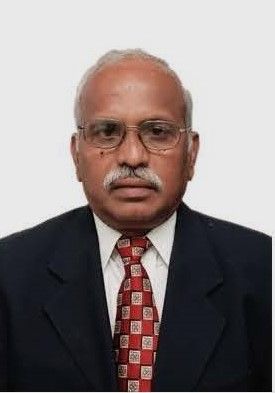
Professor Murugesan Velayutham
Crescent University
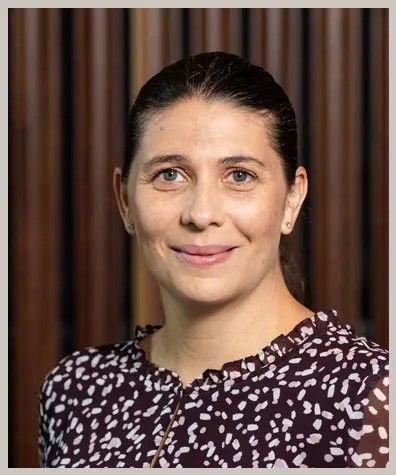
Dr Dwan Vilcins
The University of Queensland
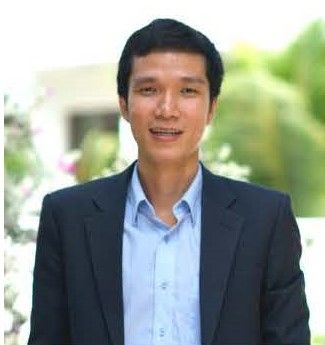
Associate Professor Long Binh Vong
International University
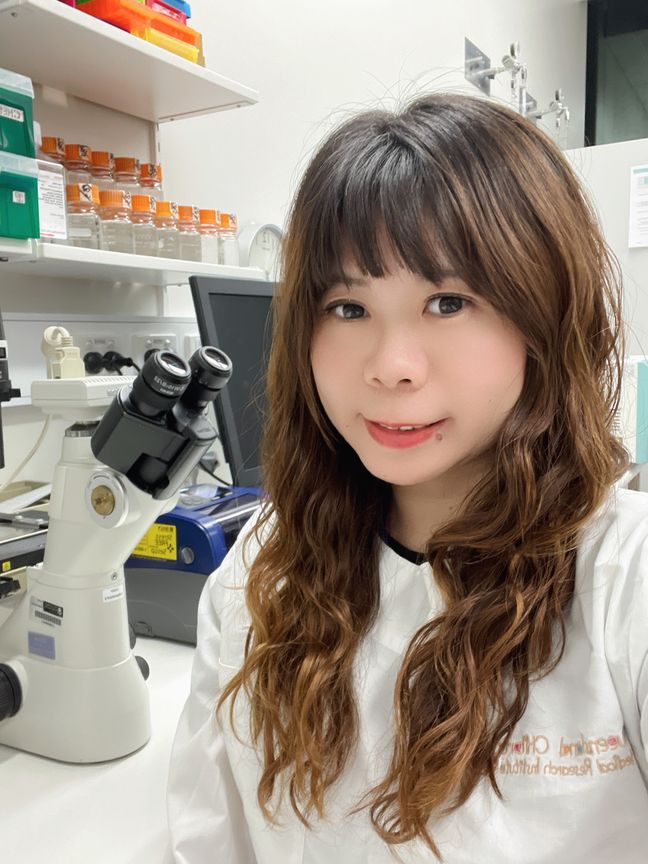
Dr Ayaho Yamamoto
The University of Queensland
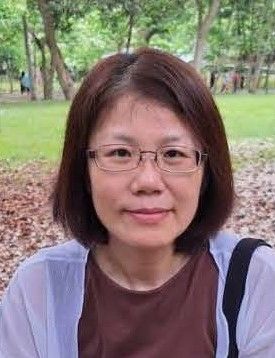
Dr Shu-Dan Yeh
National Central University
Location
Hybrid event:
Ho Chi Minh City, Vietnam
19-23 Lam Son Square Hồ Chí Minh Vietnam
Dates
Registration period:
April 8, 2024 - 00:00 +07 - May 31, 2025 - 17:00 +07
Submission period:
April 8, 2024 - 00:00 +07 - May 25, 2025 - 23:59 +07
Contact us
If you have any questions, please contact pbc@uq.edu.au